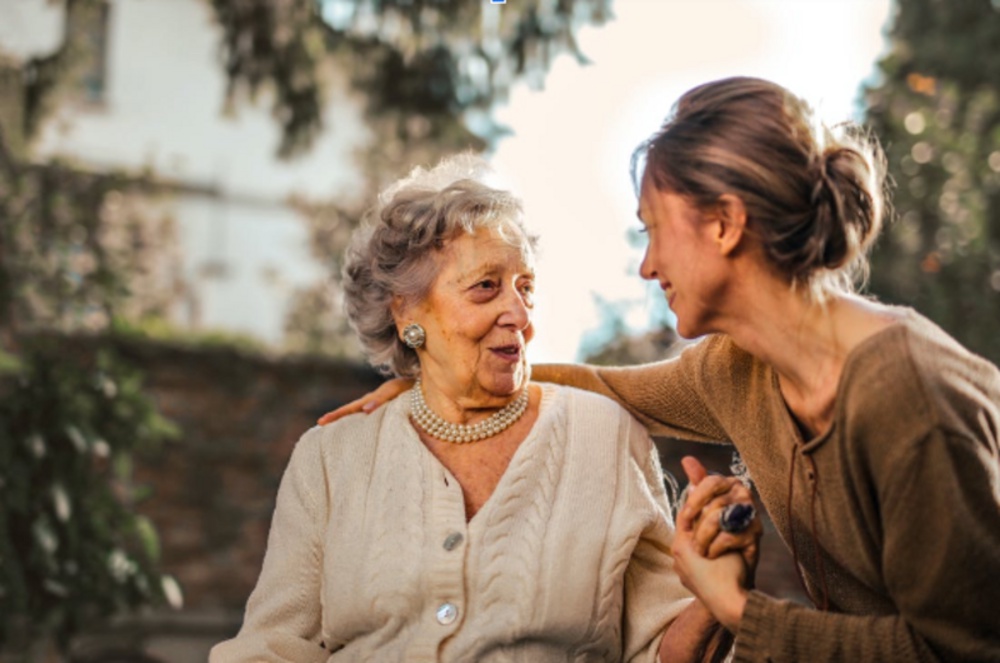Many of us will find ourselves in the role of caregiver at some point in our lives. We may care for disabled children or other relatives, or for parents and other family members as they age. Caring for some of the most vulnerable people in society is a huge responsibility and can be a difficult role to manage, especially when you have other responsibilities and commitments in your life. But family members providing care is very common, with an estimated 2.8 million informal carers in Australia in 2020.
Some carers may be the primary carer to their family member, while others might take on secondary roles to provide support. They may have help from paid care workers or not. Carers can provide care in a variety of ways, depending on the needs of the person they are caring for and what other support they might receive. The amount of care required can differ over time too. Some people may require more support over time whereas others, such as stroke patients, may start to recover and require less care.
No matter in what capacity you fulfil the role of carer, it can be a significant responsibility that affects your health and wellbeing. Making sure you are getting the right support is essential if you want to ensure a good quality of life for yourself, the person you care for, and the rest of your family too.
The Role of Caring for a Loved One
Caring for a family member may involve a variety of different tasks and responsibilities. People who require care and support can have a broad range of needs and levels of support that they need to help them function and live independently. You may be caring for someone with physical needs to help them complete everyday tasks such as personal care or preparing food. You could also be caring for someone with cognitive impairment, whether they have a learning disability or dementia.
Your role can also change over time. You might find that you need to provide more or less care as time goes on for a number of reasons. The person you are caring for might become more or less independent or they might receive more support from other sources. They could also choose to live more independently and get the care they need from other carers. Many people are unprepared for becoming a carer but will still try to do their best to meet their loved one's needs. The demands of the caregiving role can be anywhere from short and intense to long-term and slowly worsening.
The Impact Being a Carer Can Have
Being a carer can have a significant effect on your own health and wellbeing. You want to ensure your loved one is receiving the support that they need, but it may be difficult for you to provide for them when you are an informal carer. Even though you love and care for your family member, being a carer takes a lot of physical and mental energy. It can lead to exhaustion and burnout if you're not getting the care that you need. In addition to providing care yourself, you might also be coordinating various care providers to fill in the gaps and ensure the right care is provided at all times.
Balancing being a carer with other responsibilities such as work and children can be challenging. Caregiving can create a mental health burden for many people, so getting the right support is essential.
Getting Support with Care
Anyone who cares for a vulnerable family member should ensure they are getting the right support. You should make sure you are getting NDIS funding for care needs if eligible. Home care is one of the best options for people who need support to take care of someone in their home. Choosing home care allows people to remain as independent as possible in their own homes while receiving the support that they need. Home care services can provide a variety of types of support, helping to relieve informal carers and prevent burnout.

Home care services may be available for aged care and disability care. An in-home carer could provide a few hours of help a day or you could benefit from 24/7 care if it's necessary. There are also different government funding options available that can help you to cover the costs of home care. Home Caring can help you to find the right care options so that you can continue to care for your loved one in a way that works for both you and them.


No comments yet